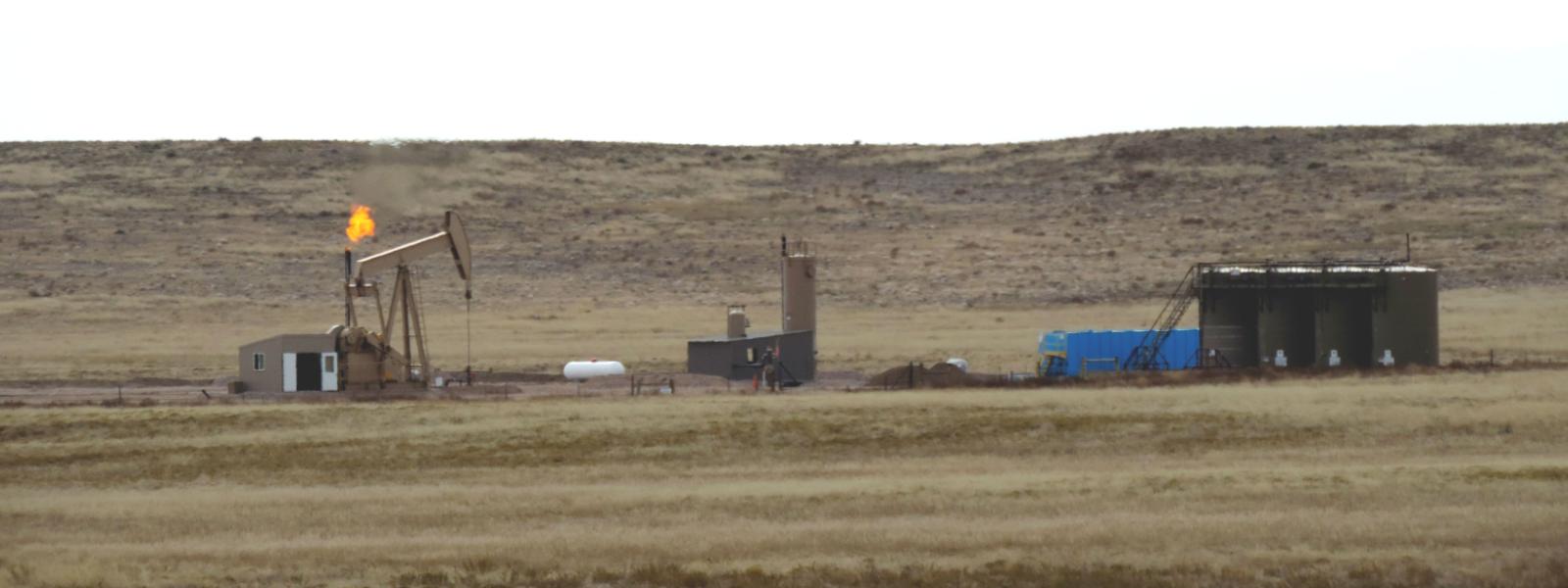
UN Committee recommends Argentina “reconsider” the use of fracking
Photo: WildEarth Guardians (CC BY-NC-ND 2.0).The Committee on Economic, Social and Cultural Rights of the United Nations expressed its concern about Argentina’s intention to exploit unconventional oil and gas reserves in Vaca Muerta, one of the world’s largest shale deposits. It recommended the goverment reconsider those plans to ensure compliance with the nation’s international commitments on climate change.
Geneva, Switzerland. The Committee of Economic, Social and Cultural Rights of the United Nations recommended that Argentina reconsider its plans for the large-scale exploitation of shale gas and oil in Vaca Muerta, one of the world’s largest deposits of unconventional hydrocarbons. The Committee expressed its concern after reviewing the nation’s fourth report to the Universal Periodic Review on human rights, encouraging the government to reconsider the use of fracking in order to ensure compliance with its international obligations on climate change.
"The Committee is concerned that this hydraulic fracturing project contradicts the State’s commitments to the Paris Agreement, and would have a negative impact on global warming and the enjoyment of economic and social rights by the global population and future generations," read the concluding observations on Argentina's report, approved by the Committee at its 64th session, which took place from September 24 to October 12, 2018.
The Committee urged the State "to promote alternative and renewable energies, reduce greenhouse gas emissions and establish national targets with benchmarks defined over time."
The Committee also expressed concern about the lack of adequate evaluation of fracking’s negative impacts on the environment and human health, and about the absence of prior consultation with affected local populations. In that sense, the Committee entrusted the Argentine State to:
"... adopt a regulatory framework for fracking that includes assessments of its impact in all provinces, preceded by consultations with affected communities, and with appropriate documentation of its effects on air and water pollution, radioactive emissions, risks to health and safety at work, its effects on public health, noise pollution, light and stress, potential seismic activity, threats to agriculture, soil quality, and the climate system."
The UN Universal Periodic Review is a process that offers each State the opportunity to declare what measures it has adopted to improve the human rights situation in the country and to comply with its obligations in this area. Its objective is to improve that situation and address human rights violations wherever they occur.
PRESS CONTACTS:
Víctor Quintanilla (Mexico), AIDA, [email protected], +5215570522107
Fernando Cabrera, Opsur, [email protected], +5492995864313
